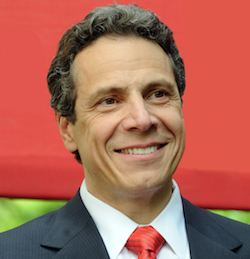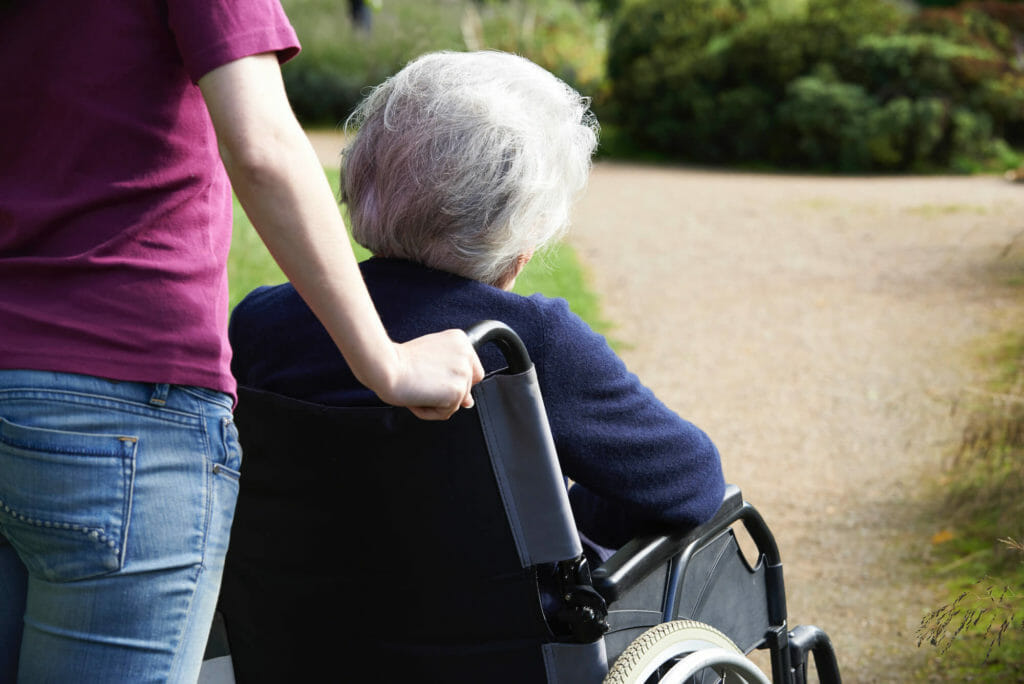
Advanced home health aides working at some assisted living communities in New York will be allowed to perform certain advanced tasks, such as administering routine or prefilled medications and helping with medical equipment, under a bill signed into law this week by Gov. Andrew Cuomo. Cuomo himself had proposed creating the new job category in his 2013 budget, although the provision was rejected, and had introduced a related program bill in 2014.
The new law applies to AHHAs working in “enhanced assisted living residences,” which are certified to care for residents who need chronic assistance with transferring, walking or climbing stairs; depend on medical equipment; or have chronic unmanaged urinary or bowel incontinence. The law also applies to AHHAs employed by home health agencies and hospice programs. The aides would receive special training and would work under the direct supervision of registered nurses.
The measure will enable more people to live in home- and community-based settings, supporting the state’s efforts to ensure that care is provided in integrated settings as required by Olmstead v. L.C., according to the bill’s text.
On its website, Argentum New York called the initiative “the centerpiece of our 2016 legislative agenda” and said that AARP New York and the Coalition of New York State Alzheimer’s Association Chapters were among the groups also advocating for its passage.
“Unpaid family members and caregivers are often asked to help with tasks like giving medication, which can be challenging for them, forcing loved ones to make an unwanted move into a nursing home,” said Christopher Smith, executive director of the New York City chapter of the Alzheimer’s Association, one of the seven members of the coalition. More than 390,000 New Yorkers have Alzheimer’s disease, Smith added.
The coalition said that the law will save “hundreds of millions” in Medicaid dollars every year. New York’s Medicaid program currently spends more than $4 billion on Alzheimer’s-related costs every year, the group noted.
Now that the legislation has been signed by the governor, Argentum New York said, a work group will develop regulations specifying training and supervision requirements as well as identifying the specific advanced tasks that can be performed by AHHAs.



